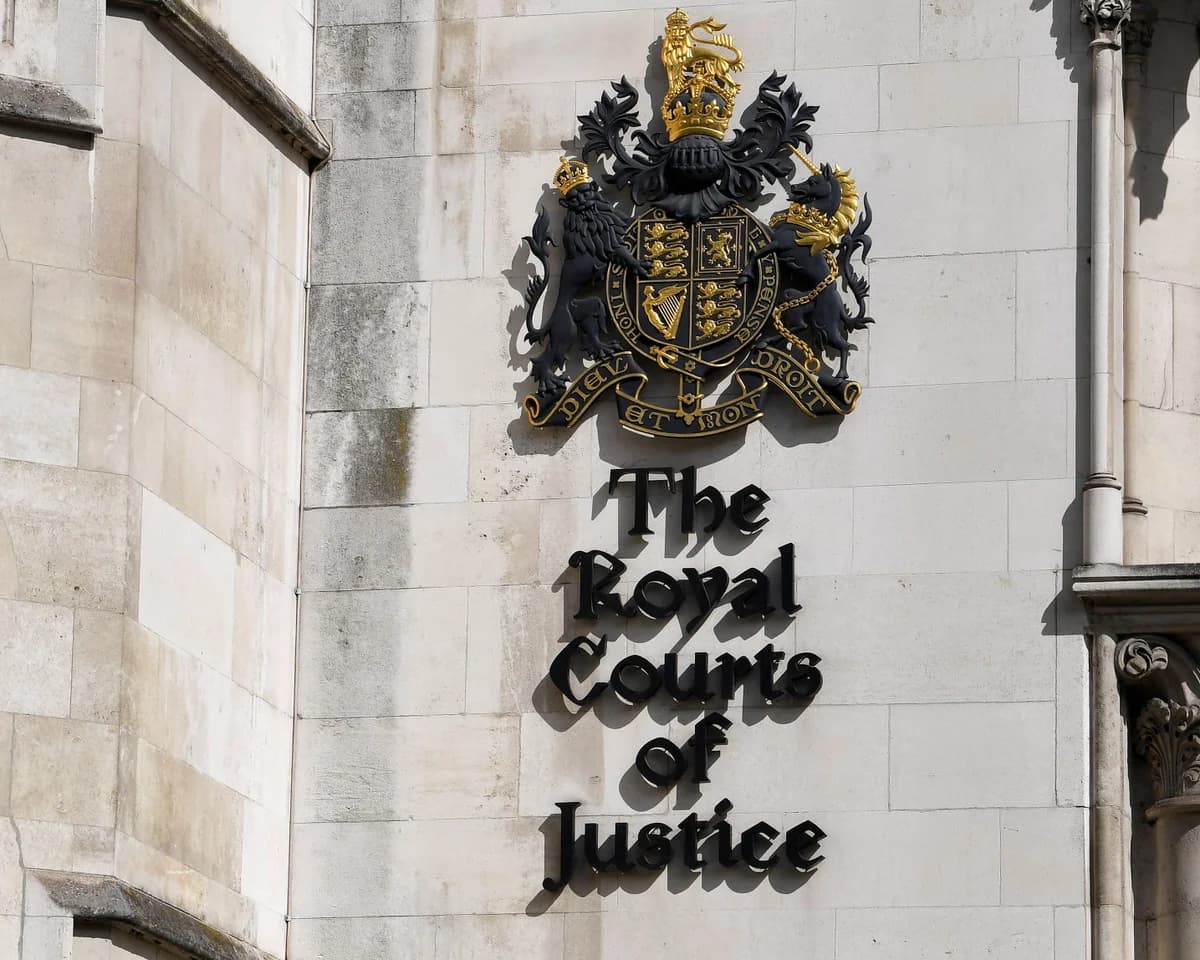We're loading the full news article for you. This includes the article content, images, author information, and related articles.
A UK High Court ruling that a British-born teenager remain in Ghana against his will spotlights a controversial diaspora parenting practice and raises complex legal and cultural questions for Kenyan families abroad.

A British High Court judge has ruled that a teenager, taken to Ghana by his parents to shield him from UK "gang culture," must remain there until he completes his secondary school exams. The decision, delivered on Tuesday, 5 November 2025, by Mrs Justice Theis, concludes the latest chapter in a protracted legal battle initiated by the boy, who cannot be named for legal reasons and is identified only as 'S'. The ruling has ignited a debate on parental rights, a child's welfare, and the extreme measures some diaspora parents take to protect their children.
The boy, born in England to Ghanaian parents, was taken on what he believed was a family trip to Ghana in March 2024. His parents and a sibling returned to the UK in April, leaving him enrolled in a boarding school and in the care of extended family. Feeling "tricked" and "abandoned," the teenager sought legal action to compel his parents to bring him back to the UK.
The parents defended their actions, citing escalating concerns for their son's safety in London. They told the court they had discovered videos, photos, and messages on his phone suggesting involvement in theft and knife possession. His mother also found a kitchen knife hidden at their home. She expressed a profound fear that her son could "end up dead" if he returned to the UK prematurely, believing he was being drawn into a dangerous local gang culture.
The teenager, however, described his experience in Ghana as "living in hell," feeling like an "outsider" and an "alien" in a country where he did not speak the local language, Twi. He initiated wardship proceedings—a legal process where the High Court becomes a child's legal guardian—to force his return. An initial High Court ruling in February 2025 sided with the parents, but this was overturned by the Court of Appeal in July 2025, which found that the first judge had given insufficient weight to the boy's wishes and the emotional distress caused by the relocation. This led to the fresh hearing before Mrs Justice Theis.
In her final judgment, Mrs Justice Theis acknowledged that the boy had been deceived. However, she concluded that his immediate return was not in his best interest. The judge reasoned that since the parents remained opposed to his return before his exams, the risk of a complete family breakdown would be "very high," potentially exposing him to the very dangers they sought to avoid. The court's decision aims to establish a "roadmap" for the boy's eventual return after his GCSEs, which will include family therapy funded by the local authority.
This case navigates the complex territory of the UK's Children Act 1989, which defines parental responsibility as all the rights and duties a parent has towards a child. While parents have the authority to make decisions about a child's upbringing, including their education and residence, relocating a child abroad without the consent of everyone with parental responsibility, or a court order, can be deemed child abduction. The court's involvement in this case highlights the legal principle that the child's welfare is the paramount consideration, overriding even parental decisions when necessary.
This ruling resonates deeply within the Kenyan and broader African diaspora, where the practice of sending children 'back home' for cultural immersion or discipline is a known, if contentious, strategy. Parents living in Western countries often grapple with raising children between two cultures, fearing a loss of identity and traditional values. They may also feel that the justice and social care systems in their host countries do not adequately address issues like youth crime or offer culturally congruent solutions.
Concerns about youth violence in cities like London are not unfounded. According to a report from the Greater London Authority, gangs are linked to a significant portion of serious youth violence, with deprivation and school exclusion being key predictors of involvement. For many African parents, the perceived threat of gang culture, combined with a desire to instill discipline and cultural roots, makes sending a child to their country of origin seem like a protective measure.
However, critics argue this form of "tough love" can be detrimental, causing emotional trauma, isolation, and a sense of abandonment that can have lasting negative effects. The experience of 'S', who felt like a stranger in his parents' homeland, underscores the potential for severe cultural dislocation. This case serves as a critical legal and ethical touchstone, forcing a conversation about the limits of parental authority and the profound impact such decisions have on a child's life and identity. For Kenyan families in the diaspora, it is a stark reminder of the complexities of cross-cultural parenting and the legal frameworks that govern child welfare, which may challenge traditional approaches to discipline and upbringing.
Keep the conversation in one place—threads here stay linked to the story and in the forums.
Sign in to start a discussion
Start a conversation about this story and keep it linked here.
Other hot threads
E-sports and Gaming Community in Kenya
Active 9 months ago
The Role of Technology in Modern Agriculture (AgriTech)
Active 9 months ago
Popular Recreational Activities Across Counties
Active 9 months ago
Investing in Youth Sports Development Programs
Active 9 months ago